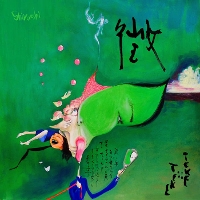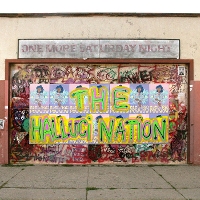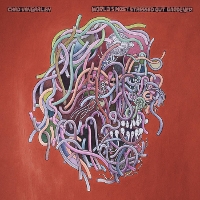Finding Serenity In Queens: The D.D. Jackson InterviewD.D. Jackson talks about his new CD Serenty Song, living in NewYork and the soundtrack to Grease.By Jim Dupuis JD: That’s understandable. Well, now we have some good news. You have a new CD out. Why don’t you tell us about it. DD: Sure. “Serenity Song” is really a reflection of what I’ve been going through the last couple of years. In a way, even though I’ve been doing these other projects, including this other jazz opera that was done at the Vancouver Cultural Centre in 2003 and at the Guelph Festival, called Quebecite, for the most part I feel like I’ve been a little off the radar for the last couple of years and that’s primarily because I’ve gotten married and spent a little time, just on the personal life, as they say. JD: That’s allowed. DD: Ya, what the hell. We’ve just kind of been settling down and we bought a place here in Queens and as I mentioned earlier, a baby on the way and all of that and Serenity Song in a way is a reflection of that new found, literal, feeling of serenity that I have in my life, married to my wife Elizabeth. The title tune, in fact, is specifically dedicated to her and really represents the felling that I have waking up next to her every day, of course when we are both in town and our schedules are in alignment. At the same time there’s a certain freedom, a certain relaxation that can also lead to different forms of joy, and so I really feel that the CD is a reflection of the scope of what I really like to explore and perhaps a little more melodic in scope even than usual, but there are still elements of adventure on it as well. JD: Ya, I really enjoy the CD. It does have a variety of music styles, yet it some how seems to fit nicely, too if you listen to it straight through. It does have an interesting flow to it and I really like it. DD: I’m delighted. JD: I like your playing, obviously and Sam Newsome is on it, too. You wrote two or three songs with him in mind and boy do they ever fit his style. DD: That’s one of the things I like to do with my recordings. It’s one of the exciting things about being a leader and being in a situation where I can record and do my own thing, is try to discover new talent, although Sam is a seasoned veteran and not a new talent by any stretch of the imagination, but at least focus on people I really have admired and in certain cases, like on this album, write things with them in mind. So he has a certain biting quality to his tone, a certain lyrical quality to his playing, but if you ever listen to his own compositions you will hear the influences of Middle Eastern things, and repetitive ostinato grooves that he kind of does this thing on top of, so I really wanted to find a way to really try and represent all the things about his playing that I admired and hopefully did so on the new CD. JD: There was a nice quote about your last CD, which was A Suite for New York, and I also noticed you have a song on this one for the Katrina survivors called “The Recovery.” He said, referring to you, “It is an example of jazz being relevant, and of a player composer responding to his surroundings.” Would you comment on that? DD: It’s funny, because I don’t consider myself overtly political. I think that everything that I do comes out of a desire to be sincere about what I experience at any given moment of time and just try to express it in music and you know, in general The Suite for Part 1 Part 2 Part 3 Part 4 Part 5 |
Reviews

Mngwa

Andrew Franey
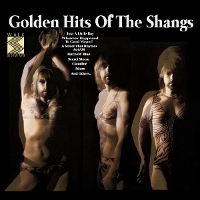
The Shangs

Alex Cuba

Tri Nguyen
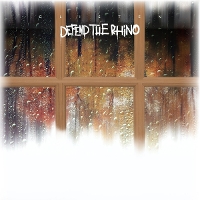
Defend The Rhino

Talltale
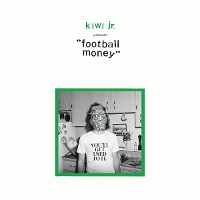
Kiwi Jr.
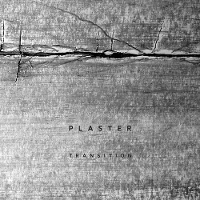
Plaster

Hyness
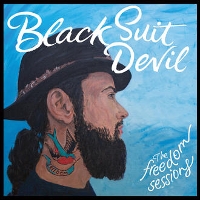
Black Suit Devil

Yamantaka // Sonic Titan
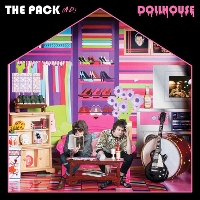
The Pack A.D.
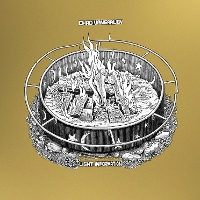
Chad VanGaalen

Potengowski Anna Friederike
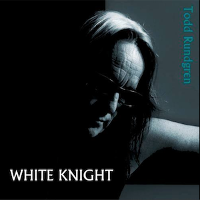
Todd Rundgren

Old 97's
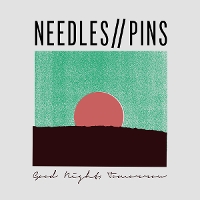
Needles//Pins


